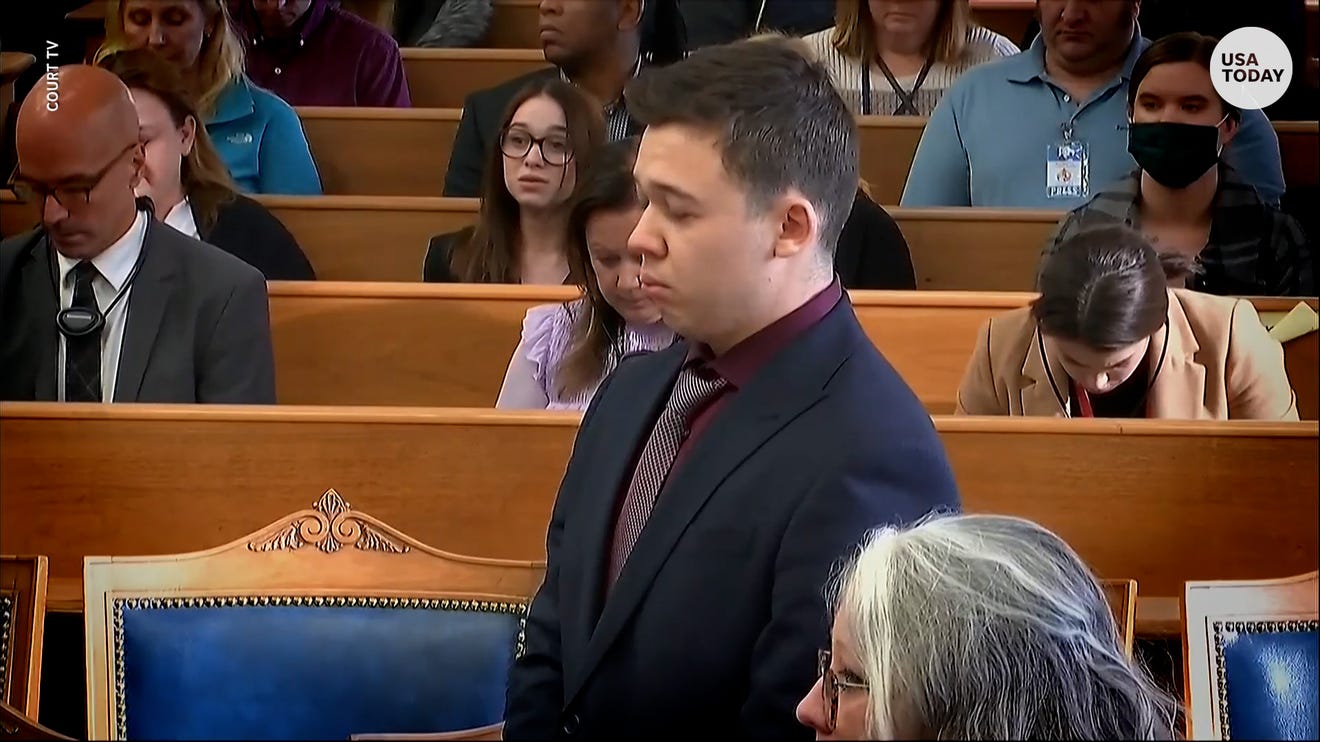Understanding The Kyle Rittenhouse Verdict: Public Opinion And Legal Implications

The Kyle Rittenhouse verdict has sparked intense debate across the United States. On November 19, 2021, a jury acquitted Rittenhouse of all charges, igniting discussions about self-defense laws, media coverage, and public sentiment. This article explores the implications of the verdict, examining public opinion, media portrayal, and legal ramifications surrounding the case.

Overview of the Rittenhouse Case
The Kyle Rittenhouse case began on August 25, 2020, when Rittenhouse, a then-17-year-old, traveled from Illinois to Kenosha, Wisconsin, during protests following the police shooting of Jacob Blake. Armed with an AR-15 style rifle, Rittenhouse claimed he aimed to protect local businesses. During the protests, he shot three individuals, killing two.
The trial centered on whether Rittenhouse acted in self-defense. After weeks of testimony and evidence, the jury found him not guilty, a decision that reverberated across the nation. This verdict raises critical questions about self-defense laws in the U.S. and how they are interpreted in high-stakes scenarios.
Public Opinion Trends
Public opinion on the Rittenhouse verdict has been sharply divided. Recent surveys reveal that opinions vary widely along political lines. For instance, a poll by Pew Research Center indicated that 58% of Republicans approved of the verdict, while only 23% of Democrats did.
Furthermore, a Gallup poll showed that 47% of Americans believe the verdict was justified, while 36% disagreed. This split showcases how the Rittenhouse trial has become a litmus test for broader societal views on self-defense and gun rights. Understanding these trends is crucial as they reflect deeper cultural divides in America.

Media Coverage Analysis
Media coverage of the Rittenhouse trial was extensive and varied significantly across platforms. Major news outlets like CNN, The New York Times, and Fox News provided differing narratives, influencing public perception. For example, CNN emphasized the implications of the trial for gun control, while Fox News framed Rittenhouse as a defender of community safety.
Social media also played a pivotal role, shaping narratives and mobilizing public opinion. Platforms like Twitter and Facebook saw a flood of posts either supporting or condemning Rittenhouse. Hashtags such as #RittenhouseVerdict became trending topics, reflecting the case's polarizing nature. This duality in media coverage highlights how information can be interpreted and presented differently, affecting public sentiment.
Legal Implications of the Verdict
The Rittenhouse verdict has significant legal implications, particularly concerning self-defense laws in the U.S. The jury’s decision underscored the complexities of self-defense claims, especially in cases involving firearms.
In Wisconsin, self-defense laws allow individuals to use deadly force if they believe it is necessary to prevent death or great bodily harm. This verdict may embolden others to invoke similar defenses in future cases. However, critics argue that it could also lead to an increase in vigilantism, where individuals take the law into their own hands.

Moreover, the case highlights the differences between state and federal self-defense laws. While Wisconsin law favors a more lenient interpretation, other states may impose stricter criteria. Understanding these nuances is essential for legal practitioners and citizens alike.
Expert Opinions on the Rittenhouse Verdict
Legal experts have weighed in on the implications of the Rittenhouse verdict, offering diverse perspectives. Some argue that the acquittal sets a dangerous precedent, while others believe it upholds the principles of self-defense.
For instance, Harvard Law professor Alan Dershowitz stated, “The jury did what juries are supposed to do: they followed the law.” Conversely, others, like attorney and commentator Ben Crump, expressed concern about the message it sends regarding racial justice and gun violence.
These expert opinions provide valuable insights into the legal landscape shaped by the Rittenhouse trial, emphasizing the ongoing debates about justice and accountability in America.
Conclusion
The Kyle Rittenhouse verdict has profound implications for public opinion, media narratives, and self-defense laws in the United States. As society grapples with the aftermath, it is crucial to engage in constructive dialogues about the intricacies of the case. Understanding these dynamics not only informs public discourse but also shapes future legal interpretations.
As we continue to analyze this landmark case, let’s foster discussions that bridge divides and promote a deeper understanding of justice in America. What are your thoughts on the Rittenhouse verdict? Share your insights and join the conversation.